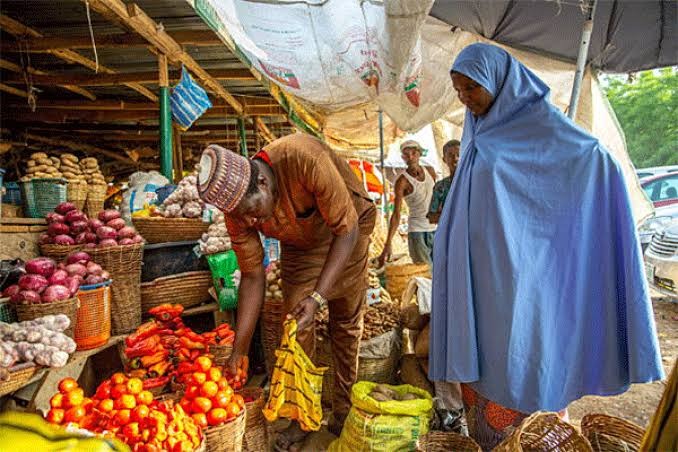Nigeria’s inflation has been projected to drop to 15.1 per cent by 2026.
It will, however, decline to about 24.8 per cent by the end of this year.
The World Bank made the projection in its latest publication entitled, “African Pulse,” wherein it detailed the issues shaping African economies in 2024 and beyond.
It pointed out that reforms will spur growth in Nigeria and further explained that the projected decline was premeditated on monetary policy tightening and exchange rate stabilisation in Nigeria.
The World Bank also predicted slow growth in the non-oil sector but pointed out that it could be reversed with adequate structural reforms in place.
“Growth in Nigeria is projected at 3.3% in 2024 and 3.6% in 2025–26 as macroeconomic and fiscal reforms gradually start to yield results. Structural reforms will be needed to foster higher growth. Average inflation will remain elevated at 24.8% in 2024, although it is expected to ease gradually to 15.1% by 2026 on the back of monetary policy tightening and exchange rate stabilization,” the World Bank said.
The report further noted that Nigeria’s growth projects are too low when compared with its peers across West and Central Africa.
The country’s inflation rate has been on the rise since January 2023, reaching 31.70 per cent in February 2024, according to the National Bureau of Statistics (NBS), with food inflation at 37.92 per cent – a 27-year high.
Rising food prices, especially staple foods such as grains, with insecurity, increased energy and transportation costs have been said to be the major drivers of the inflation but the CBN thinks otherwise.
The CBN blamed the inflation on increased money supply and weakening of the naira and has deployed strategies including raising the Cash Reserve Ratio (CRR) of banks to 45 per cent from 32.5 per cent in February 2024 – as a move to suck up cash excess cash in circulation.
Meanwhile, the World Bank also stated that elevated food prices and local currency weakness are major drivers of inflation in Sub-Saharan Africa (SSA), with a third of the countries in the region experiencing double-digit food inflation.









